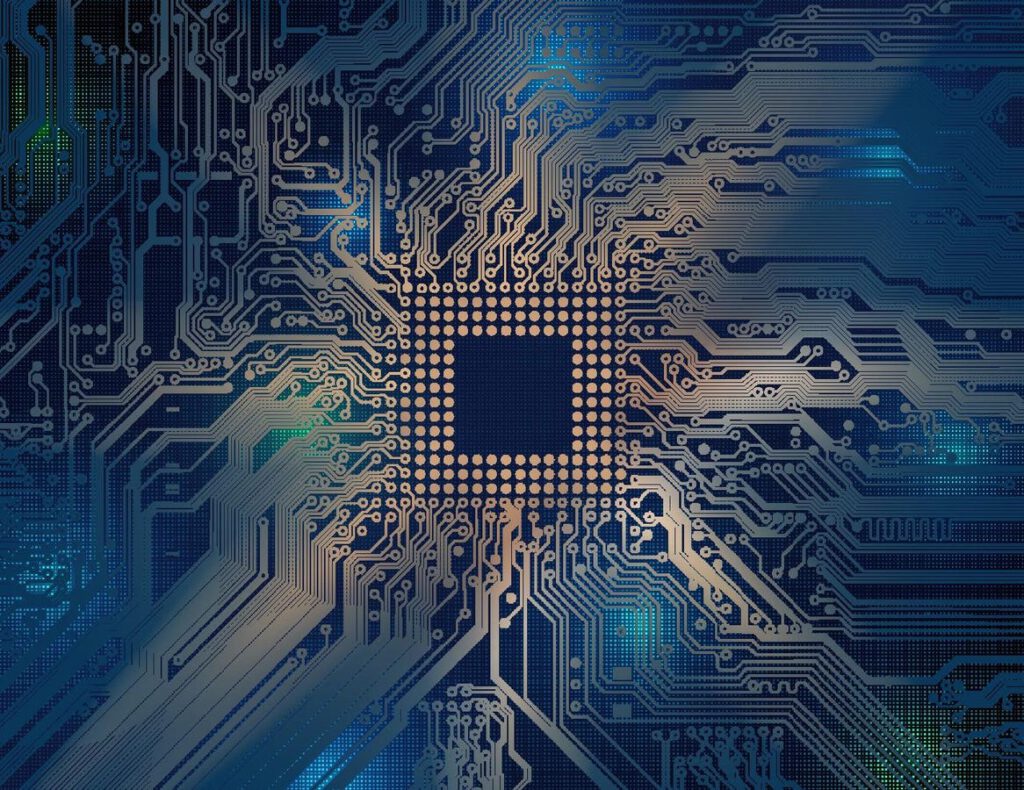In this article, we present five uncommon computer science concepts that tech startup founders should know. [+] Learn how to gain a strategic advantage.
Getty
While fundamental computer science concepts are your foundational knowledge as a technology founder, digging into less common and more advanced topics can give you a huge competitive advantage. Less common concepts can provide unique insights and methodologies that lead to innovation.
Even if you can’t find a way to incorporate most of these ideas into your software, understanding them can help you think outside the box and become a more creative problem solver.
In this article, we present five uncommon computer science concepts that tech startup founders should know to gain a strategic advantage.
1. Genetic Algorithms
An algorithm is a set of instructions designed to perform a specific task. Algorithms are the foundation of computer science and play a key role in software development, data processing, and problem solving.
A genetic algorithm is a search heuristic that mimics the process of natural selection to produce high-quality solutions to optimization and search problems. It uses biologically inspired operators such as mutation, crossover, and selection to evolve a population of candidate solutions over multiple generations.
For startups, genetic algorithms are particularly useful in solving complex optimization problems where traditional methods may be inefficient or impractical. For example, a logistics startup could use genetic algorithms to optimize delivery routes to minimize travel time and fuel consumption.
By using evolutionary principles to iteratively improve solutions to complex problems, startups can significantly accelerate their efficiency phase and enter the growth phase with a significant competitive advantage.
While the software industry is typically a winner-takes-all market, doing something more efficient than other competitors usually makes you the market leader, so even small gains in efficiency can have a disproportionately large impact on the market.
2. Computational Social Choice
Computational social choice is the study of algorithms and computational aspects of aggregating individual preferences to make collective decisions. The field blends computer science with economics and political science, focusing on the design and analysis of voting systems, fair division, and resource allocation.
Understanding computational social choice is crucial for startups, especially those developing platforms for group decision-making and recommendation systems. For example, a startup building a new social media platform could use algorithms from this field to ensure that content rankings and feature prioritization reflect the preferences of a diverse user base, promoting fairness and satisfaction.
3. Topological Data Analysis
Topological Data Analysis (TDA) applies techniques of topology, the mathematical study of shape and space, to understand the structure of high-dimensional data. TDA can help identify features such as clusters, holes, and voids that may be invisible to traditional data analysis methods.
For startups working with complex data sets, such as in biotech or finance, TDA can uncover hidden patterns and relationships. For example, a biotech startup can use TDA to analyze genetic data to identify potential biomarkers for disease that may be missed using standard statistical methods. This deeper insight into the data can drive innovation and provide a competitive advantage.
4. Hyperdimensional Computing
Hyperdimensional computing is a paradigm that represents data as high-dimensional vectors to facilitate efficient and robust computation and learning. Inspired by the way the human brain processes information, this approach exploits the properties of high-dimensional spaces to perform operations such as similarity comparison and associative memory.
For AI and machine learning startups, hyperdimensional computing offers a promising avenue for developing systems that are more resilient to noise and variability in data. For example, startups focused on natural language processing could use hyperdimensional vectors to increase the accuracy and robustness of their language models, improving performance in real-world applications.
5. Neuromorphic Computing
Neuromorphic computing is an approach to designing computer systems inspired by the neural structure and function of the human brain, with the goal of creating hardware and algorithms that process information in a brain-like manner, enabling more efficient and adaptable computing solutions.
For startups, especially those working in artificial intelligence and machine learning, neuromorphic computing offers the potential to develop systems that are faster, more energy efficient, and capable of learning and adapting in real time. For example, startups working on advanced robotics can leverage neuromorphic chips to enable robots to process sensory information and make instant decisions like humans. This technology offers significant advantages in creating intelligent autonomous systems that operate efficiently in dynamic environments.

